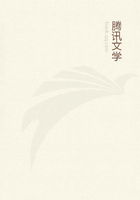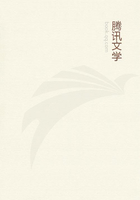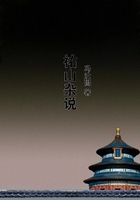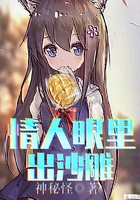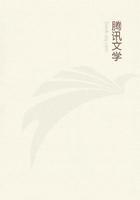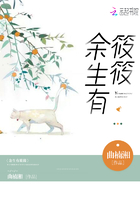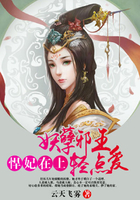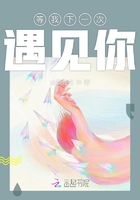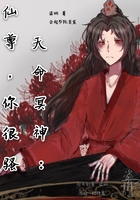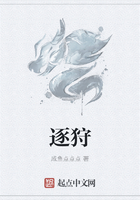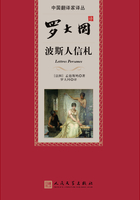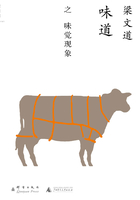"We lived at first in the country, then in the city, and, if the final misfortune had not happened, I should have lived thus until my old age and should then have believed that I had had a good life,--not too good, but, on the other hand, not bad,--an existence such as other people lead. I should not have understood the abyss of misfortune and ignoble falsehood in which I floundered about, feeling that something was not right. Ifelt, in the first place, that I, a man, who, according to my ideas, ought to be the master, wore the petticoats, and that Icould not get rid of them. The principal cause of my subjection was the children. I should have liked to free myself, but Icould not. Bringing up the children, and resting upon them, my wife ruled. I did not then realize that she could not help ruling, especially because, in marrying, she was morally superior to me, as every young girl is incomparably superior to the man, since she is incomparably purer. Strange thing! The ordinary wife in our society is a very commonplace person or worse, selfish, gossiping, whimsical, whereas the ordinary young girl, until the age of twenty, is a charming being, ready for everything that is beautiful and lofty. Why is this so?
Evidently because husbands pervert them, and lower them to their own level.
"In truth, if boys and girls are born equal, the little girls find themselves in a better situation. In the first place, the young girl is not subjected to the perverting conditions to which we are subjected. She has neither cigarettes, nor wine, nor cards, nor comrades, nor public houses, nor public functions.
And then the chief thing is that she is physically pure, and that is why, in marrying, she is superior to her husband. She is superior to man as a young girl, and when she becomes a wife in our society, where there is no need to work in order to live, she becomes superior, also, by the gravity of the acts of generation, birth, and nursing.
"Woman, in bringing a child into the world, and giving it her bosom, sees clearly that her affair is more serious than the affair of man, who sits in the Zemstvo, in the court. She knows that in these functions the main thing is money, and money can be made in different ways, and for that very reason money is not inevitably necessary, like nursing a child. Consequently woman is necessarily superior to man, and must rule. But man, in our society, not only does not recognize this, but, on the contrary, always looks upon her from the height of his grandeur, despising what she does.
"Thus my wife despised me for my work at the Zemstvo, because she gave birth to children and nursed them. I, in turn, thought that woman's labor was most contemptible, which one might and should laugh at.
"Apart from the other motives, we were also separated by a mutual contempt. Our relations grew ever more hostile, and we arrived at that period when, not only did dissent provoke hostility, but hostility provoked dissent. Whatever she might say, I was sure in advance to hold a contrary opinion; and she the same. Toward the fourth year of our marriage it was tacitly decided between us that no intellectual community was possible, and we made no further attempts at it. As to the simplest objects, we each held obstinately to our own opinions. With strangers we talked upon the most varied and most intimate matters, but not with each other. Sometimes, in listening to my wife talk with others in my presence, I said to myself: 'What a woman! Everything that she says is a lie!' And I was astonished that the person with whom she was conversing did not see that she was lying. When we were together; we were condemned to silence, or to conversations which, I am sure, might have been carried on by animals.
"'What time is it? It is bed-time. What is there for dinner to-day? Where shall we go? What is there in the newspaper? The doctor must be sent for, Lise has a sore throat.'
"Unless we kept within the extremely narrow limits of such conversation, irritation was sure to ensue. The presence of a third person relieved us, for through an intermediary we could still communicate. She probably believed that she was always right. As for me, in my own eyes, I was a saint beside her.
"The periods of what we call love arrived as often as formerly.

